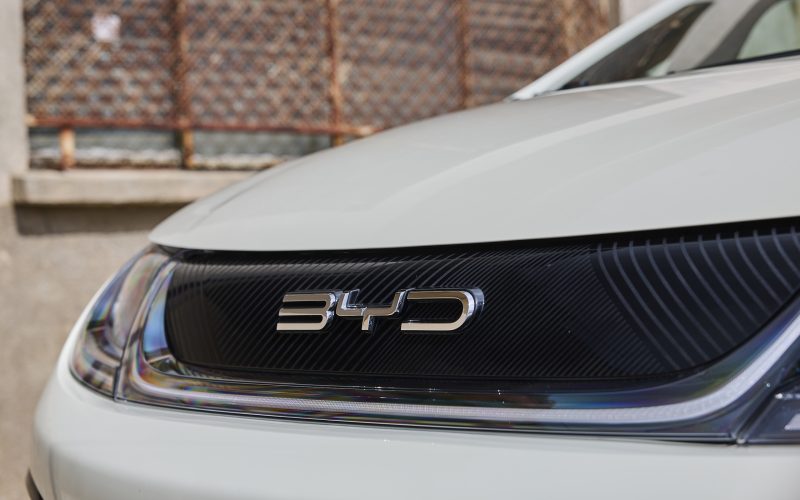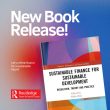Electric vehicle producer BYD is facing an investigation after hundreds of Chinese workers were brought to Brazil on irregular visas to work at a new factory, a key labour inspector revealed. Reuters reported that a total of 163 workers, hired by BYD contractor Jinjiang, were found to be working under “slavery-like conditions” in December. These workers have left Brazil after being rescued, with authorities continuing to probe the situation.
Liane Durao, the lead labour inspector from Brazil’s Ministry of Labour, confirmed that BYD will face fines for each worker involved, although the total amount is yet to be disclosed. BYD has pledged to correct the working conditions for the remaining Chinese workers to comply with Brazilian labour laws. Around 500 Chinese workers were initially brought to the factory, which aims to produce 150,000 cars annually.
BYD had earlier claimed that it had cut ties with Jinjiang, which disputes the charges, and maintains that the visas were properly issued and that the workers came voluntarily. However, the investigation revealed that the passports of 107 workers were confiscated by the contractor, and some have been identified as victims of human trafficking.
The factory, part of BYD’s $620 million investment in Brazil, has become a symbol of China’s increasing influence in the country. Despite the controversy, China has expressed willingness to continue strengthening its relationship with Brazil.
Chinese foreign ministry spokesperson Guo Jiakun said in a news briefing that the Chinese government had always required Chinese-funded enterprises to operate in accordance with laws and regulations.
The Brazilian labour authorities and BYD representatives and contractors met on Tuesday to discuss protection of workers’ rights in the factory.
BYD’s $620 million Bahia factory, designed to produce 150,000 cars annually, is central to its expansion into Brazil, its largest market outside China. Nearly 20% of BYD’s car sales outside China in the first 11 months of 2024 came from Brazil. However, the project now faces uncertainty as an investigation into alleged slavery-like working conditions at the site unfolds, potentially delaying construction.
The Brazilian government has responded by suspending temporary visa issuance to BYD, highlighting the severe consequences of labour violations, which can also include restrictions on employers’ access to bank loans. Reports of worker exploitation could strain China-Brazil relations, complicating efforts to attract more Chinese investment while balancing local job creation, a priority for President Luiz Inácio Lula da Silva.
Authorities will maintain oversight of the factory to ensure compliance with labour laws and prevent further abuses, said labour inspector Liane Durao.



















